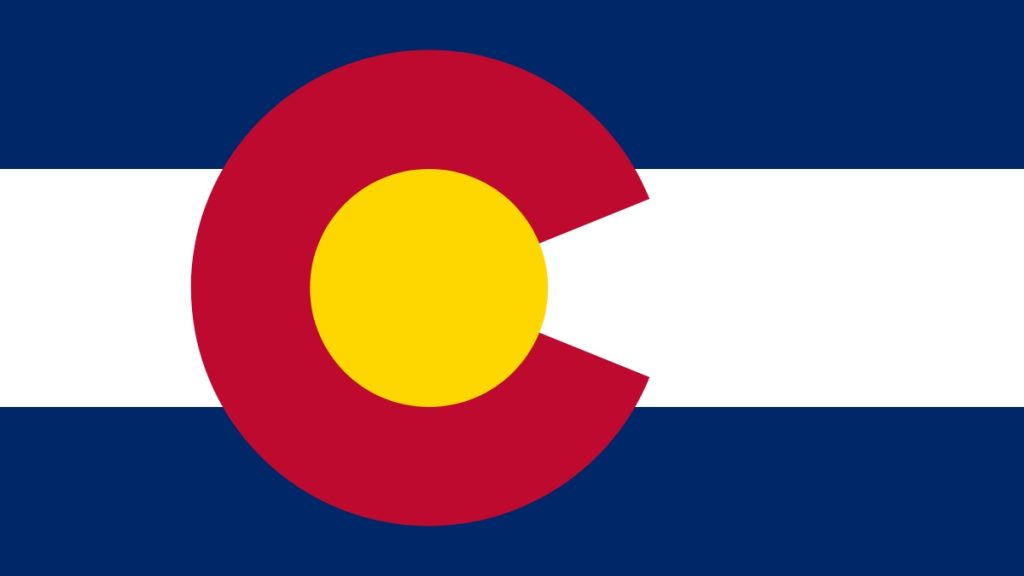Two of Colorado’s Native American tribes, the Southern Ute and Ute Mountain Ute, are renewing their fight for equal access to the state’s booming online sports betting market after a federal court ruling restricted their iGaming operations.
U.S. District Judge Gordon Gallagher ruled that wagers placed by players off tribal land fall under state jurisdiction, even when processed through servers located on reservations. The tribes argue that this decision undermines their sovereignty and limits their ability to compete in Colorado’s fast-growing online gaming industry.
For the tribes, this is more than a legal loss. It is also an economic and political setback. Gaming revenue remains a cornerstone of tribal self-sufficiency, funding healthcare, education, and infrastructure. Nationwide, tribal gaming generated about $42 billion in 2023, which is part of its role in Native economic development.
Yet, while Colorado’s commercial casinos handled over $99 million in online wagers in September 2025 alone, the state’s tribes are excluded from the market. Tribal leaders say the exclusion perpetuates economic inequities, especially as the state channels betting tax revenues into conservation programs with little direct support for tribal communities. With the country’s sports betting market exceeding $120 billion in annual handle, tribal nations say digital inclusion is essential for true economic parity.
Legal and Regulatory Disputes
The dispute over online betting began after Colorado legalized online sports betting in 2019. Both tribes quickly launched platforms seeking to extend their gaming enterprises online. The Colorado Division of Gaming (CODOG) intervened, insisting the tribes apply for state-issued licenses and pay a 10% tax on net revenue. The tribes refused, saying such demands violate their federal gaming compacts and sovereignty.
Their lawsuit was dismissed in October. Judge Gallagher ruled that off-reservation bets are subject to state law, maintaining that Colorado had offered tribes the same licensing framework as commercial operators.
Environmental Concerns
As if that is not enough, the frustration has deepened amid new environmental challenges. Earlier this year, a gasoline spill near the Animas River displaced tribal residents and polluted water sources. Initially estimated at 23,000 gallons, the spill was later confirmed to be nearly 97,000 gallons. This is on record as Colorado’s largest since 2016.
Tribal officials criticized what they called a slow state response, arguing that cleanup efforts would have been faster had the spill occurred in Denver or another urban area. The ongoing lawsuit could be a good way for Colorado’s tribes to go on for now. They are now thinking about starting new compact talks to protect their sovereignty and earn a fair share of the state’s expanding online betting sector.
